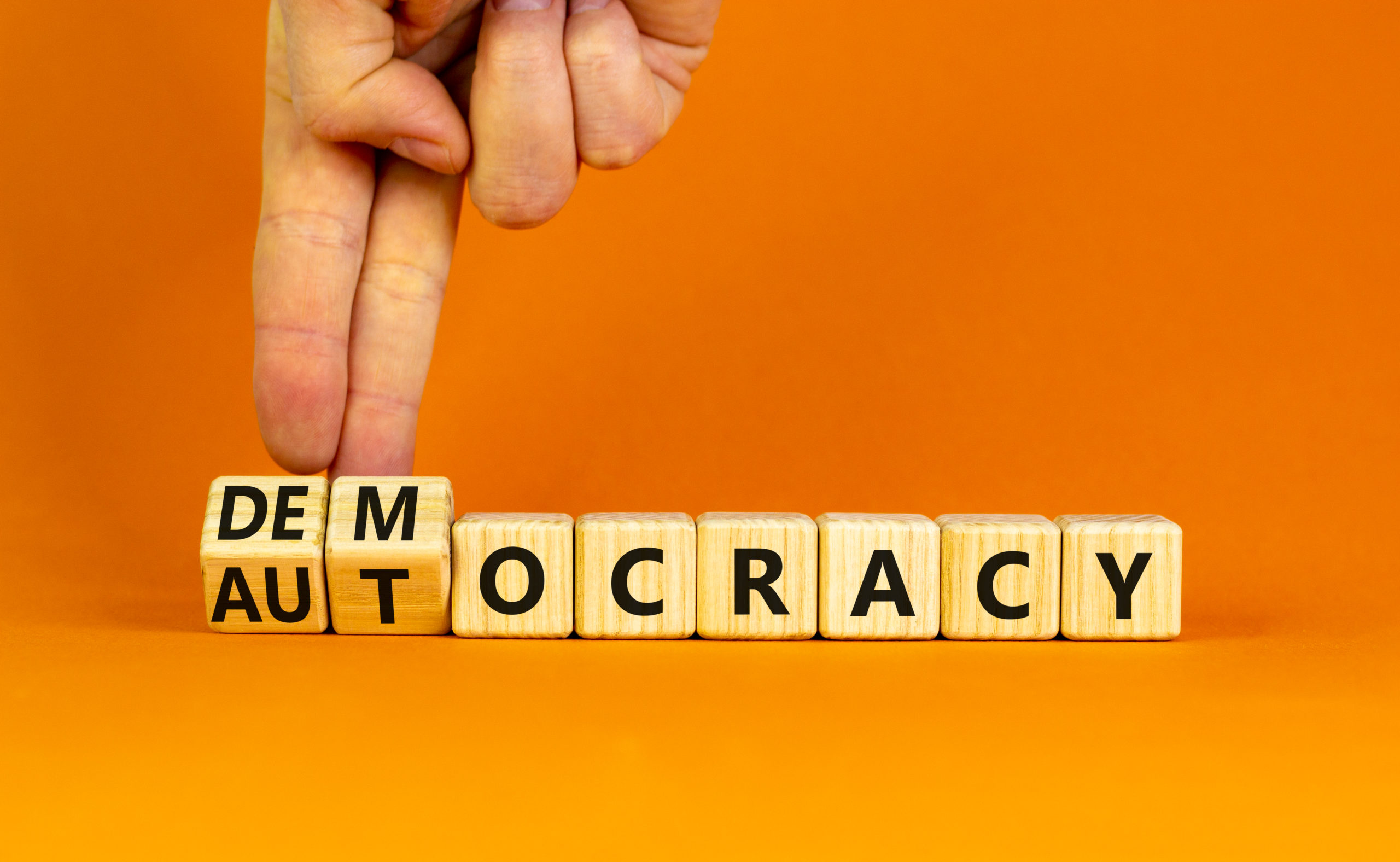
Resources
Marching Towards Autocracy: How States are Failing Democracy– And What We Can Do About It
June 28, 2021
Editorial credit: Shutterstock.com
Our democracy is a delicate arrangement that depends for its survival on widespread and voluntary adherence to established, long-standing rules and norms, and on leaders who support them. To ignore those rules, to violate those norms, and to support leaders who urge us to do so has ruinous potential for our democracy and for us all.
Even as America’s vibrant democracy has been under assault at the federal level, we are also seeing increasing attacks within the states. State and local governments are now the new battlegrounds for attacks on democracy and the rule of law. A growing number of states are passing laws that disregard the will of the majority, ignore principles of accountability and open government, and remove or undermine fundamental rights of individuals.
All of us are stakeholders in the protection of our democracy. That obligation requires an understanding of what is happening in our government at all levels, and why. LDAD has prepared this Compendium to identify threats posed to democracy and the rule of law by the enactment of new laws in these states: Alabama, Arizona, Florida, Iowa, Louisiana, Ohio, Tennessee, and Texas.
The laws that we highlight, in addition to their negative impact on individuals, are pernicious in the ways they contribute to an authoritarian government’s ability to break down the rule of law by undermining or eliminating fundamental democratic principles.
After considering the importance of the principles, and the dangers that the enactments described pose to democracy and the rule of law, we ask you to think about what you can do, and what you can urge others to do. We ask all lawyers to sign our Democracy Commitment, a blueprint for lawyers to use their status, skills, expertise, and convening authority to engage the profession and collaborate with civic and governmental leaders to protect democracy.
Together, we can succeed in protecting democracy and the rule of law for future generations.
Stay Informed —
featured press


All Rights Reserved. © 2026
General Inquiries • Press Inquiries • Follow on: LinkedIn • Instagram • Bluesky • Facebook